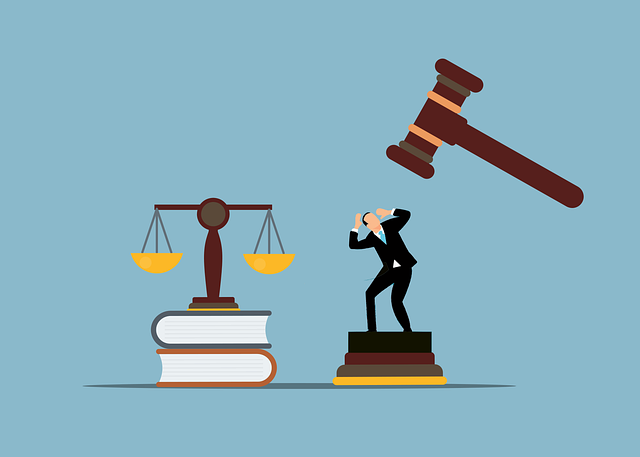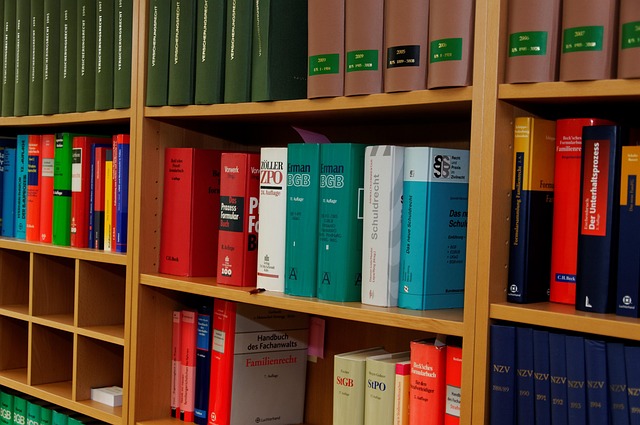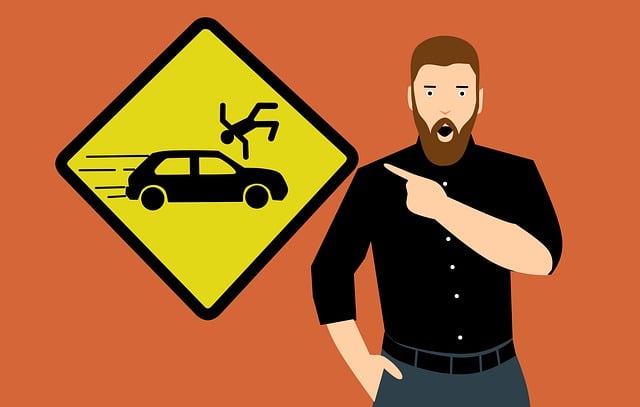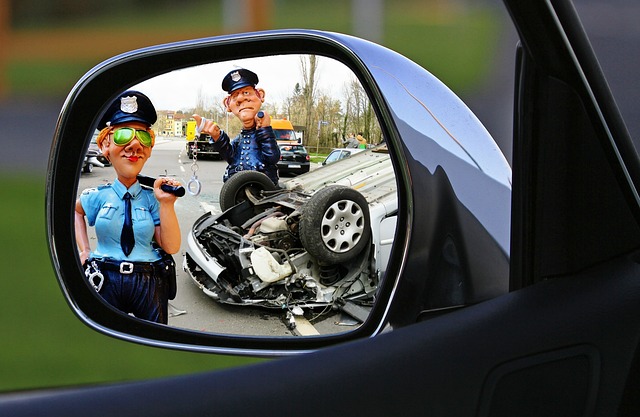Social media's role in accident witness testimony offers both advantages and challenges. While it enables rapid sharing of crucial information, its informal nature can lead to biased or exaggerated accounts. Balancing documentation with witness credibility is essential to navigate this modern aspect of legal evidence collection, especially as digital sources require critical evaluation for reliability.
Social media has changed how we interact and share information, but its impact on accident witness testimony is a complex issue. This article explores the balancing act between social media’s potential to support or harm witness credibility, delving into digital evidence presented on online platforms and the ethical dilemmas it poses in legal cases. We examine how social media bias may influence perceptions and outcomes, underscoring the need for careful navigation in utilizing these tools as credible sources of testimony.
- Balancing Act: Social Media's Impact on Witness Credibility
- Digital Evidence: When Testimonies Meet Online Platforms
- Ethical Dilemma: Can Social Media Bias Influencel Legal Cases?
Balancing Act: Social Media's Impact on Witness Credibility

Social media can be a double-edged sword when it comes to accident witness testimony. On one hand, it offers an unprecedented opportunity for individuals to share their experiences and provide crucial evidence in legal cases, especially in situations like slip and fall incidents or car accidents that result in injuries. A simple post or direct message could potentially aid a client’s recovery by documenting the events accurately and timely.
However, this same power can also pose significant challenges to witness credibility. The casual and often unfiltered nature of social media interactions might lead witnesses to present biased or exaggerated accounts, especially when discussing personal experiences. What’s more, digital footprints can be difficult to erase once left online, potentially causing embarrassment or prejudice that may taint a witness’s perception in legal proceedings related to car accident injuries or slip and fall cases. Therefore, striking the right balance between leveraging social media for accurate documentation and preserving witness integrity is essential in navigating this modern aspect of legal evidence.
Digital Evidence: When Testimonies Meet Online Platforms

In today’s digital era, the way evidence is collected and presented has evolved significantly. Online platforms have become a double-edged sword when it comes to accident witness testimony. On one hand, they provide a convenient avenue for witnesses to share their accounts instantly, potentially enhancing the speed and accuracy of information dissemination in legal matters. This is particularly valuable in cases involving truck accident injuries or defective products, where timely evidence can be crucial. Witnesses can document and upload photos, videos, or direct messages as digital evidence, ensuring a permanent record that can be easily accessed and referenced during legal proceedings.
However, the same platforms that facilitate information sharing can also introduce complexities. Social media posts, for instance, may contain biases or interpretations that could distort an accurate account of events. Unfiltered personal opinions, emotional statements, or even fabricated narratives might find their way into public domains, complicating the task of distinguishing reliable from unreliable accident witness testimony. Therefore, when relying on online sources as evidence, it is imperative to employ critical thinking and verify the authenticity of information through multiple channels, especially in legal contexts where accurate accident witness testimony can make a significant difference.
Ethical Dilemma: Can Social Media Bias Influencel Legal Cases?

Social media platforms have become a double-edged sword when it comes to witness testimony in legal cases. While they offer unprecedented access to information and witnesses, there’s a growing concern about potential bias and the impact on accurate reporting. In today’s digital age, an accident witness might document and share their experience on social media, providing crucial evidence for personal injury lawyers representing victims of defective products or medical malpractice. However, this real-time documentation also raises ethical dilemmas.
The ease of sharing and the algorithms that drive social media trends could inadvertently influence witnesses’ perceptions and subsequent testimonies. For instance, a witness who frequently engages with biased content related to a specific industry might subconsciously incorporate those biases into their recollections. This could lead to skewed testimonies, impacting the fairness of legal proceedings. Thus, as social media continues to shape public discourse, courts and legal professionals must navigate this complex landscape, ensuring that digital evidence is handled ethically and accurately to serve justice in cases involving accident witnesses.
Social media, while a powerful tool for sharing information, presents a complex landscape for accident witness testimony. While it offers opportunities to corroborate and strengthen accounts through digital evidence, it also raises ethical concerns about bias and credibility. Balancing the benefits of online platforms with the need for robust fact-checking is crucial to ensuring that accident witness testimony remains a reliable component of legal proceedings, upholding justice in the digital age.






